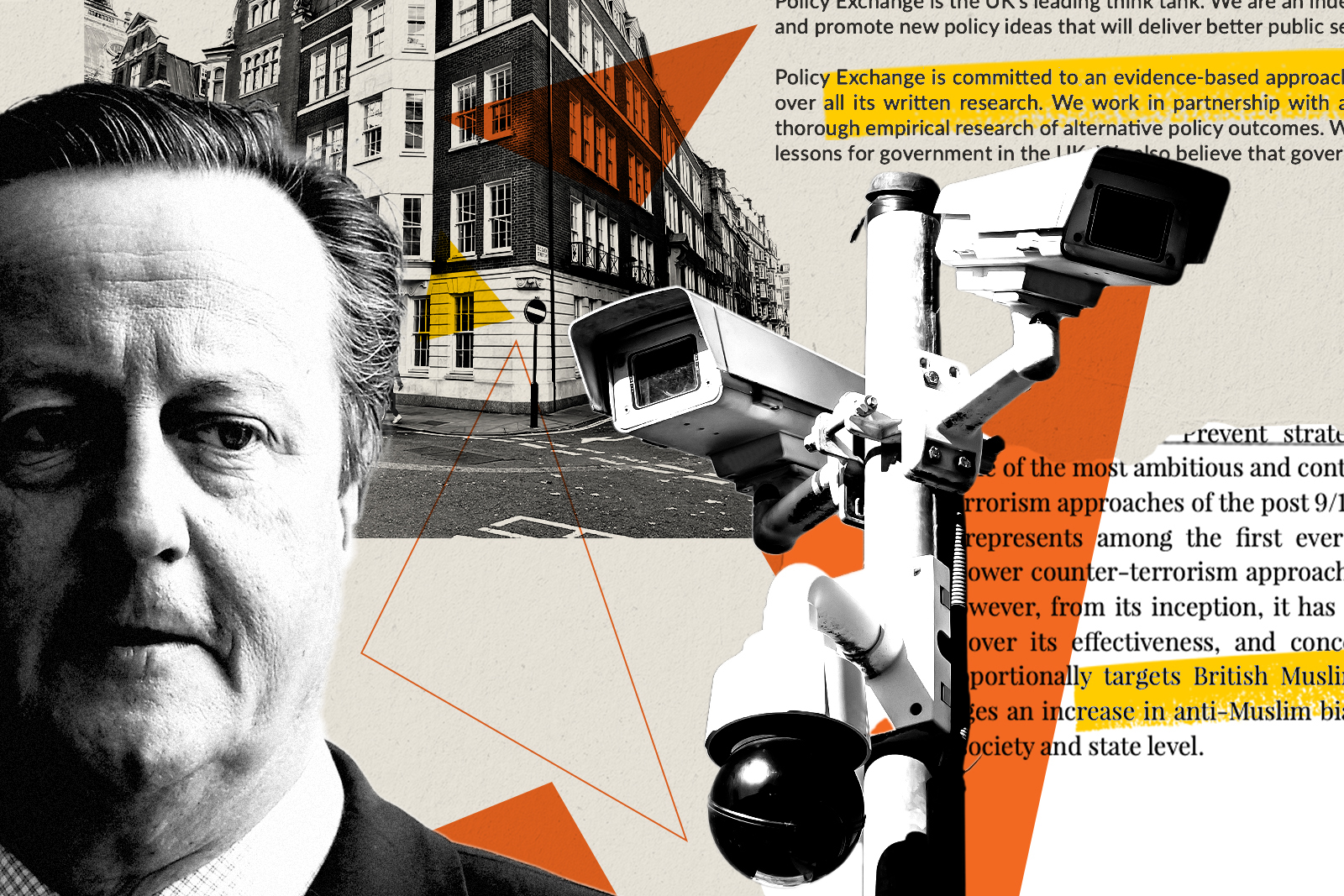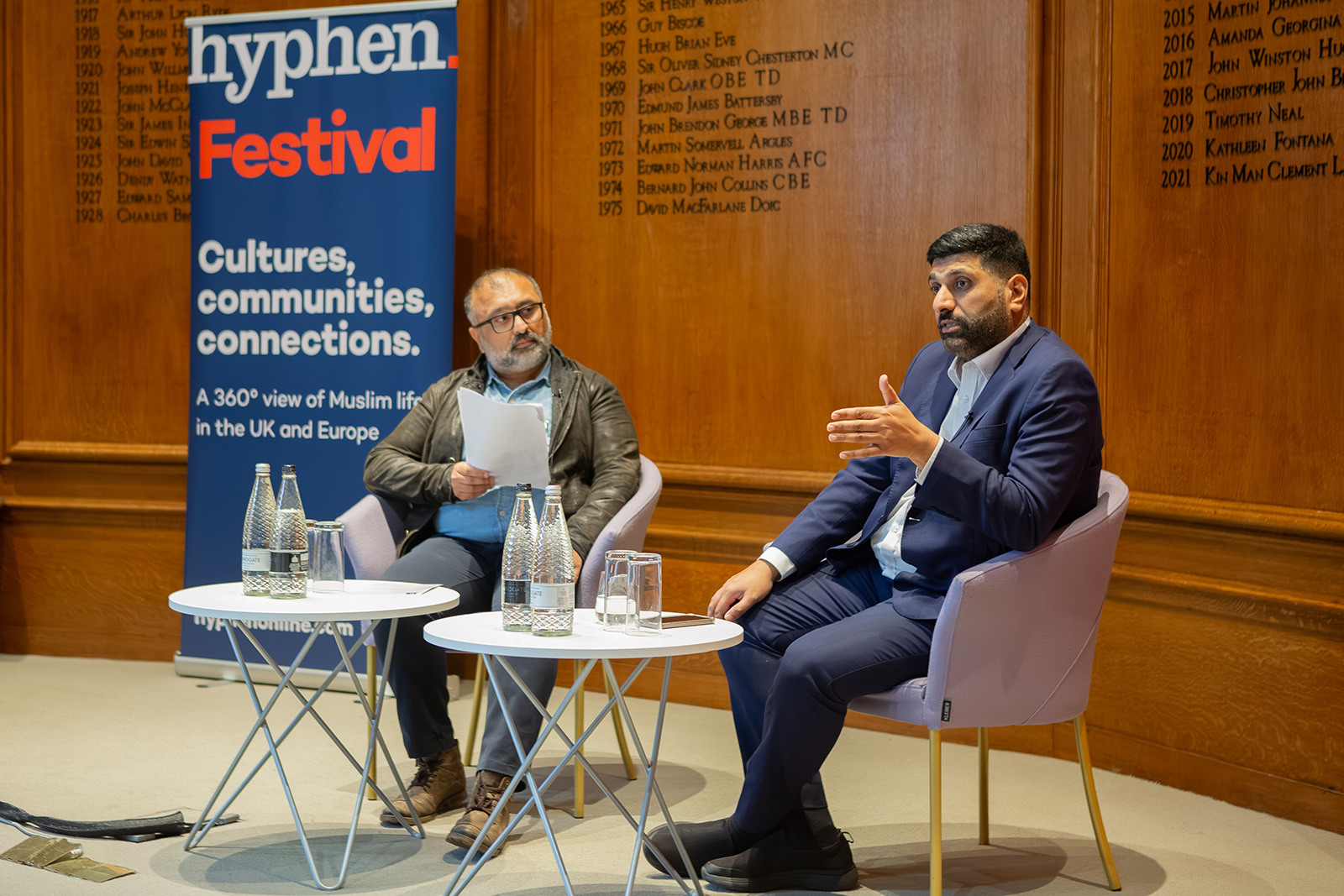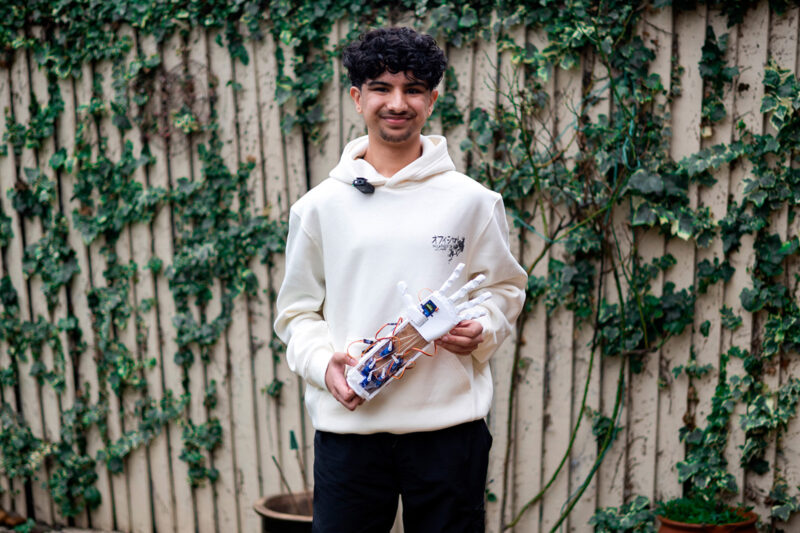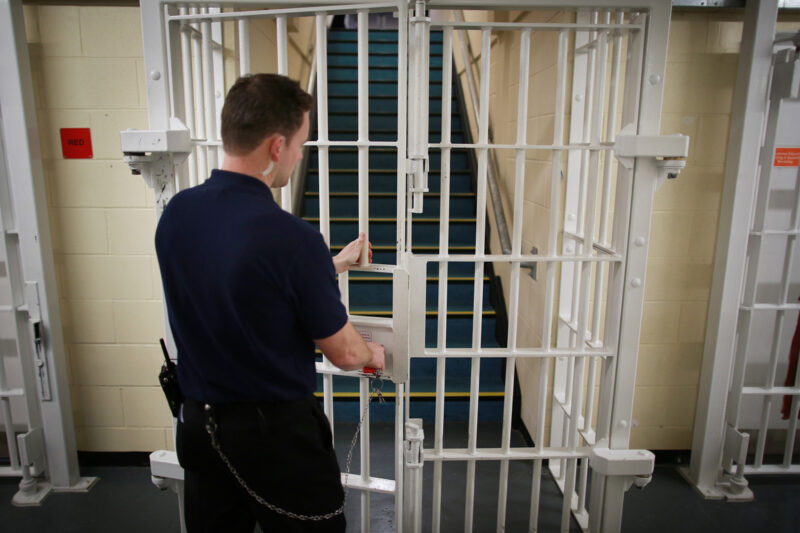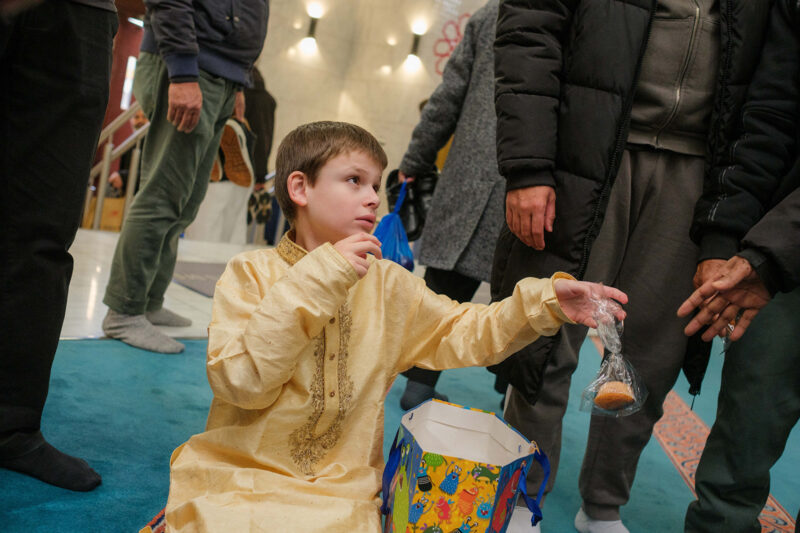Babies and toddlers referred to counter-terror scheme Prevent hundreds of times

‘Deeply concerning’ data obtained by Hyphen shows more than 200 referrals for children aged three or under since 2016, most citing ‘Islamist’ concerns
Babies and toddlers have been referred to the government’s controversial counter-terrorism scheme Prevent hundreds of times since 2016, Hyphen can reveal.
Infants who had not yet turned two were referred to Prevent 86 times between 2016-17 and 2023-24 — with more than two-thirds (59) of these referrals over so-called “Islamist” concerns, data obtained by this website shows.
Children aged two to five, inclusive, were referred to Prevent a further 500 times over this eight-year period.
Alexander Gent, the chair of the National Association of Muslim Police, said he was “absolutely shocked” by our findings.
The human rights charity Rights & Security International raised concerns earlier this year that the personal data of those referred to Prevent may be being duplicated across a “convoluted spider’s web” of publicly administered databases, where it may remain visible to police, immigration authorities and other agencies even after the initial entry has been deleted.
“These figures are deeply concerning and raise serious questions about how Prevent is operating,” said Liberal Democrat education spokesperson and Twickenham MP Munira Wilson.
“In its current form, Prevent does not seem to be the right way to protect vulnerable children from terrorism or extremism.
“The government must ensure that the Prevent commissioner takes a comprehensive look at Prevent and that any future approach is genuinely community-led and focused on safeguarding.”
The Home Office said that in the “rare instances where a young child has been exposed to harmful terrorist narratives, early intervention through Prevent can provide vital safeguarding measures”.
What is the Prevent duty?
Prevent, part of the government’s wider Contest counter-terrorism strategy, has a stated aim of safeguarding people from “becoming terrorists or supporting terrorism”.
The scheme places a duty on specified authorities in England, Wales and Scotland to report people if they are deemed “at risk of being drawn into terrorism”. Teachers, doctors, police officers and council workers are among those subject to the Prevent duty.
Reports to Prevent are assessed by police and councils and may be escalated to the government’s Channel programme, which decides whether to intervene and can develop “support” plans. Campaign groups warn that such referrals have led to people losing out on sixth form and university places and housing.
The government publishes annual Prevent figures, but uses wide age brackets for those referred to the scheme. The data obtained by Hyphen has never before been revealed in this level of detail. It shows the number of Prevent referrals, not individuals referred, meaning some may have been referred more than once.
Baroness Shaista Gohir, chief executive of the Muslim Women’s Network UK, said referrals of very young children could well be linked to suspicions about their parents or older siblings.
“I am deeply shocked,” she said, adding that she was concerned the implications of a referral could be “around their neck for the rest of their life”.
“These children are being stereotyped and labelled when they are innocent children,” she said, “and I do worry, and it’s a genuine concern, that that does stay with them.”
Rights & Security International warned in January that, while “official policy says the police must usually delete data stored on the designated Prevent database after six years, the data can remain in other databases indefinitely — risking real long-term impacts on the person referred, including children who have since become adults”.
The Home Office said it “strongly rejected the conclusions” of this report in January: “Data on individuals at risk of being drawn into terrorism is held by the police only temporarily, and parents or carers can request its deletion earlier, if appropriate. All data is kept strictly confidential, except where a serious security risk arises. The Home Office does not maintain these individuals on watchlists.”
Nearly half (46%) of the Prevent referrals for kids aged 10 or under during this period were for “Islamist” concerns. But this figure jumps to 70% for the youngest kids — those aged three or under.
Gent told Hyphen: “I struggle to understand how this applies to someone so young, especially for children who are babies and can’t even speak or even comprehend what an extremist ideology is.”
The Home Office said all referrals are “carefully assessed” by the police and local councils to see if they are suitable for its Channel “early support” and intervention programme.
The department added that: “All referrals to Prevent are carefully assessed based on the specific details of the case.
“If a child is found to not be at risk of radicalisation, the case is immediately closed to Prevent. They may be referred to other appropriate services, or no further action may be taken.”
Other Prevent referral categories include “extreme right-wing” and “incel extremism”.
The Home Office last week published data showing that, in the year to March 2025, there were 8,778 referrals relating to 8,517 people.
This was up 27% year-on-year and is the highest number of referrals recorded in a single year since records began in 2015, it said.
Has a Prevent referral negatively affected you or someone you know? Contact Lucas Cumiskey by emailing lucas.cumiskey@hyphenonline.com.
 Newsletter
Newsletter


